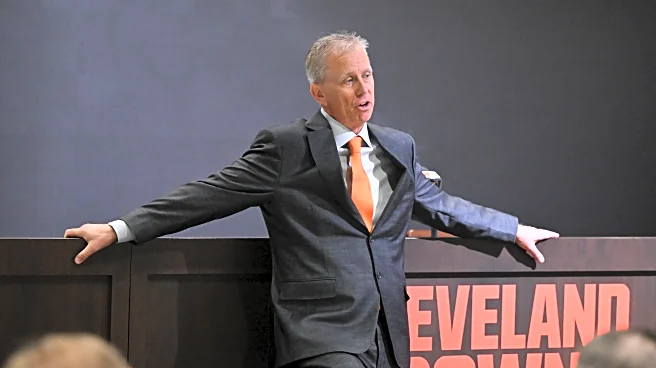What's Happening?
The unschooling movement, a form of homeschooling that eliminates formal curriculum in favor of child-led learning, is gaining attention as parents question traditional education systems. This approach
emphasizes learning through daily life experiences rather than structured lessons. While some view unschooling as a way to foster creativity and self-awareness, others criticize it as educational neglect. Former unschooled students have shared mixed experiences, with some feeling isolated and unprepared for structured environments like college, while others thrived socially and professionally. Experts suggest that unschooling can spark intrinsic motivation but caution that it requires a balance of curiosity and structure to avoid educational gaps.
Why It's Important?
The rise of unschooling reflects broader concerns about the state of education, including over-testing and institutional distrust. As more families explore alternative education methods, the debate highlights the need for a balance between freedom and foundational learning. This movement could influence educational policy and parental choices, potentially leading to shifts in how education is approached in the U.S. The unschooling model challenges traditional metrics of academic success, prompting discussions on the value of self-directed learning versus structured education.
What's Next?
As unschooling gains popularity, it may prompt further research into its long-term effects on students' academic and social development. Policymakers and educators might explore ways to integrate elements of unschooling into traditional systems to address concerns about student engagement and creativity. Families considering unschooling will need to weigh the benefits of child-led learning against potential gaps in academic skills, possibly leading to more structured versions of unschooling that incorporate essential subjects.
Beyond the Headlines
The unschooling movement raises ethical questions about educational responsibility and the role of parents in shaping their children's learning experiences. It challenges cultural norms about education and childhood, potentially leading to a reevaluation of what constitutes a successful education. As society grapples with these issues, unschooling could inspire broader educational reforms that prioritize student agency and personalized learning paths.










